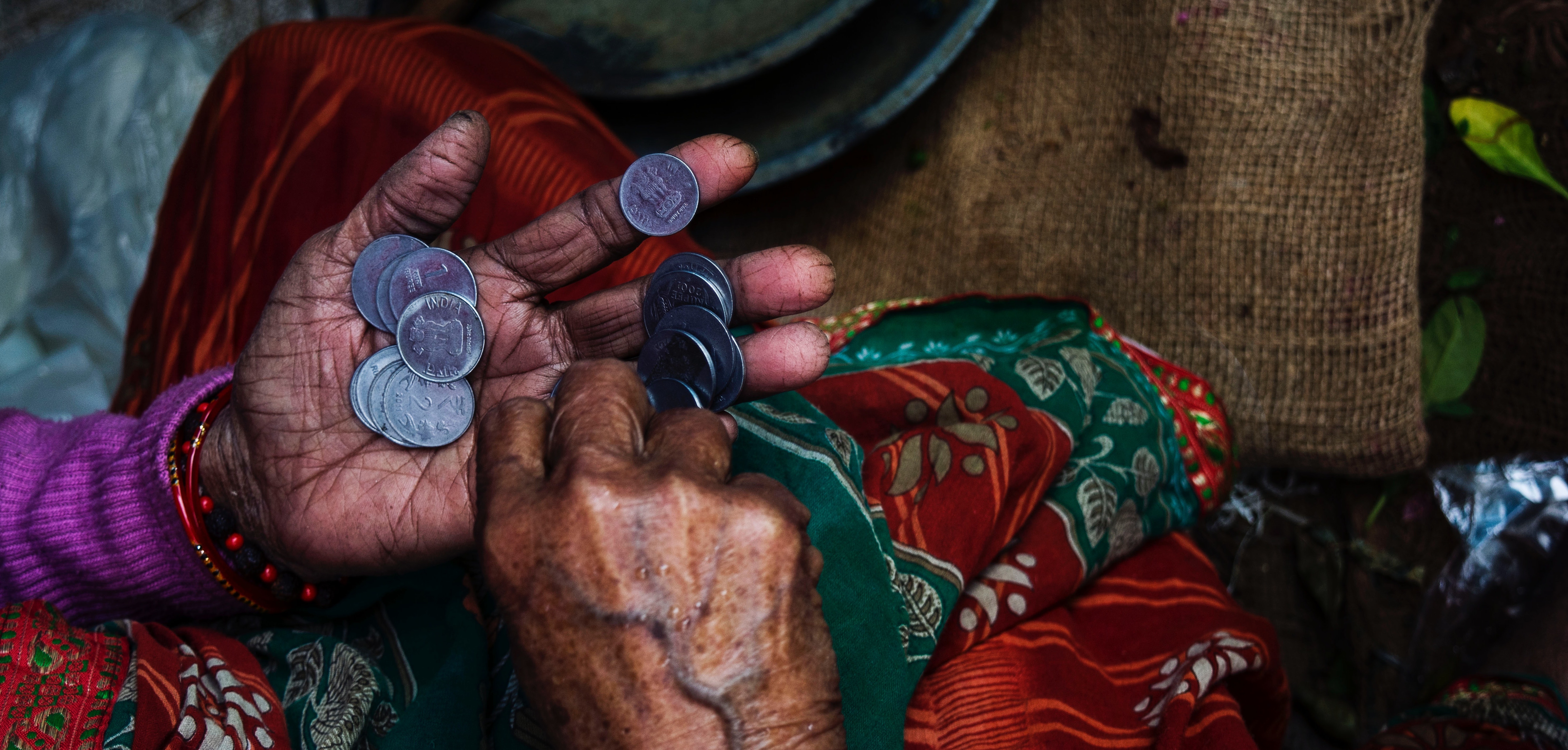Have you ever felt the feeling each time you open the news that the world is filled with problems and something desperately needs to be done? Have you felt the desire to do something, anything, positive but don’t know where to begin? Here is how you can do something to address 3 of the most current, critical global issues facing us today. It’s time to contribute to change and It’s easier than you think!
News channels are spinning with statistics and stories of disaster everywhere you look. It can leave you feeling overwhelmed and daunted by a seemingly impossible task. The temptation to retreat and push your head back safely into the sand takes over. However, working towards alleviating these global issues does not have to be confusing or stressful. There are tools and frameworks available to point you in the right direction and guide you on where capacity and resources are most needed.
Introducing the United Nations Sustainable Development goals
The United Nations pulled together and identified 17 Sustainable Development Goals which outline the key challenges our planet faces today. This is an excellent resource and the perfect framework to help you begin your journey towards positive global change! This framework has carefully laid out goals, targets and indicators which the United Nations have set out to reach by 2030. If we all succeed, the world is guaranteed to be a better place!
In addition, there are a number of organizations that are working with the UN to help them reach these goals and who facilitate opportunities for you to work on different projects which tackle some of these targets, under the guidance of specialists in the field. This means that you can improve your own knowledge and skills while at the same time making a positive impact towards meaningful change. Evolve Abroad is one of these organizations who offers a number of opportunities, working under the guidance of specialized professionals in the industry on niche topics such as micro plastics, gender equality and diversity, human wildlife conflict, ending poverty and many more.
Here is a brief guide to 3 of the most pressing challenges we as a global population face today and here are ways that you become part of the solution!
Plastic pollution and protecting our oceans.

Did you know that at least 700 animal species are known to have been affected by plastic? That nearly every species of seabird eats plastic! This means that seals, whales, turtles and many others are dying from entanglement or starvation. Digestive tracts are blocked, and organs pierced often resulting in death. The situation is dire. It is estimated that about 8 million tons of plastic escapes into the ocean each year. Once in the ocean it is virtually impossible to stem the plastic tide! The solution is to stop plastic from entering rivers and seas in the first place.
We challenge you to a quick test – walk around your home right now! How many plastic bags, bottles, straws, disposable razors are lying around? On your way to work or class, how many people do you see drinking coffee from disposable coffee cups? Are you perhaps one of these people?
Creating awareness and educating communities on the dire impact of plastic waste is a critical step to stemming this tide. Educating yourself and making small adjustments to your everyday living has a far greater impact than you realize. Come and find out exactly how much of an impact you can make and how easily you can get others to join you in becoming part of the solution? Our specialist marine biology course and internship collaborates with several communities, universities and local NGO’s in Cape Town as well as contributing to a research paper in collaboration with Dr Holly Nel at Birmingham University.
For some interesting facts about how much plastic the world produces, how it is disposed, which sectors are the biggest producers who are the biggest culprits for mismanaged disposal of plastic waste read this article by Hannah Ritchie and Max Roser
Devastating poverty resulting in the slow disintegration of the fabric of society

On to today’s watch nearly half a billion people will still live in extreme poverty in 2030! Only two countries will account for 40% of these people who in addition will be facing warming planet and unsustainable society. These are alarming figures and we simply cannot break our pledge to leave no one behind in our global fight for poverty eradication.
How is extreme poverty measured? It is measured by the number of people that are living on less than USD1.90 per day. Take a look at the live poverty clock to get a glimpse into what the world really looks like today. Now, what can you do to alleviate this ticking time bomb?
Let’s identify the top 3 causes of global poverty
- Inadequate access to clean water and nutritious food
- Lack of employment and job opportunities
- Lack of quality education
How can you help? There are a number of different options available for people who are committed to poverty alleviation. You could join an education program which works on providing quality education to children in underprivileged communities, or you could work on a skills development program which promotes self-employment and guidance to entrepreneurs from townships in South Africa to help them launch their start up business.
According to the United Nations priority poverty eradication actions include:
- improving access to sustainable livelihoods, entrepreneurial opportunities and productive resources;
- providing universal access to basic social services;
- progressively developing social protection systems to support those who cannot support themselves;
- empowering people living in poverty and their organizations;
- addressing the disproportionate impact of poverty on women;
- working with interested donors and recipients to allocate increased shares of ODA to poverty eradication; and
- intensifying international cooperation for poverty eradication.
There are a number of excellent NGO’s working at poverty eradication and your donation and support will greatly assist them in their efforts to reach the necessary goals the UN has set to achieve by 2020. If you would like to support a project you can donate here
Clean energy sources affordability and access to electricity in developing countries.
Did you know that 1.2 billion of the earth’s population still lives without energy today.Most of these people live in Sub Saharan Africa and South Asia.

If you take a look at the map it is clear that millions of people throughout Africa are still living without access to electricity.
This represents a fundamental barrier to progress for a sizeable proportion of the world’s population, and has impacts on a wide range of development indicators, including health, education, food security, gender equality, livelihoods, and poverty reduction.
So what is being done?
“The progress we have seen over the last few years is encouraging- the number of people without access to electricity has dropped to 840 million- but we still have a great deal of work to do as much of this population lives in the poorest countries and most remote locations. Over the last five years the World Bank has committed $5 billion to access programs, whether it is on- or off-grid, and we will continue to scale up,” said Riccardo Puliti, Senior Director for Energy and Extractives at the World Bank.
For more information from the world bank on what is being done to improve access to electricity have a look a this article.
Although lots is being done you can still play your part. There are some fantastic innovative NGO’s working to provide clean energy to some of the poorest and remote communities in Africa and Asia.
One of these organizations is Renewable World who have since 2008 worked to provide energy, water, and clean cooking solutions to nearly 40,000 people living in off-grid communities around the world. These solutions when paired with their community-centred approach has meant climate resilient agriculture, new income opportunities, improved education, reduced health risks. If you would like to do your part you can donate here. Even a small donation of USD20 will make the difference organizations like this need as much support as possible to keep their projects running so even if you do not have the skills to actively take part in installing renewable energy sources you can donate and if you would like to improve your knowledge and skills contact us and we can look into skills development programs and internship opportunities that fit your personal requirements.
And so to sum up we feel that the top three critical challenges we face today on our planet are:
- Poverty alleviation
- Plastic waste management
- Adequate access to affordable clean energy sources
So we challenge you to join us and all the rest that are actively taking the decision to be a part of the solution!
“We can change the world and make it a better place. It is in our hands to make a difference.” Nelson Mandela


